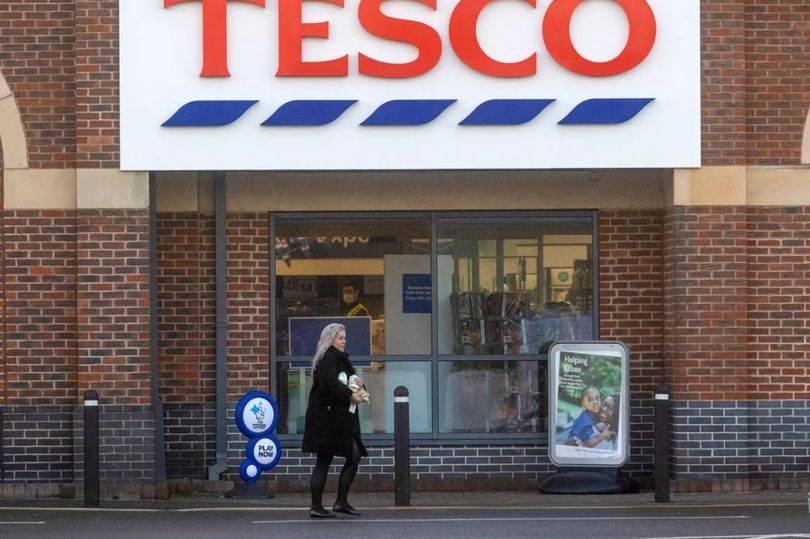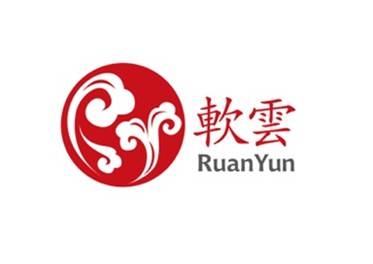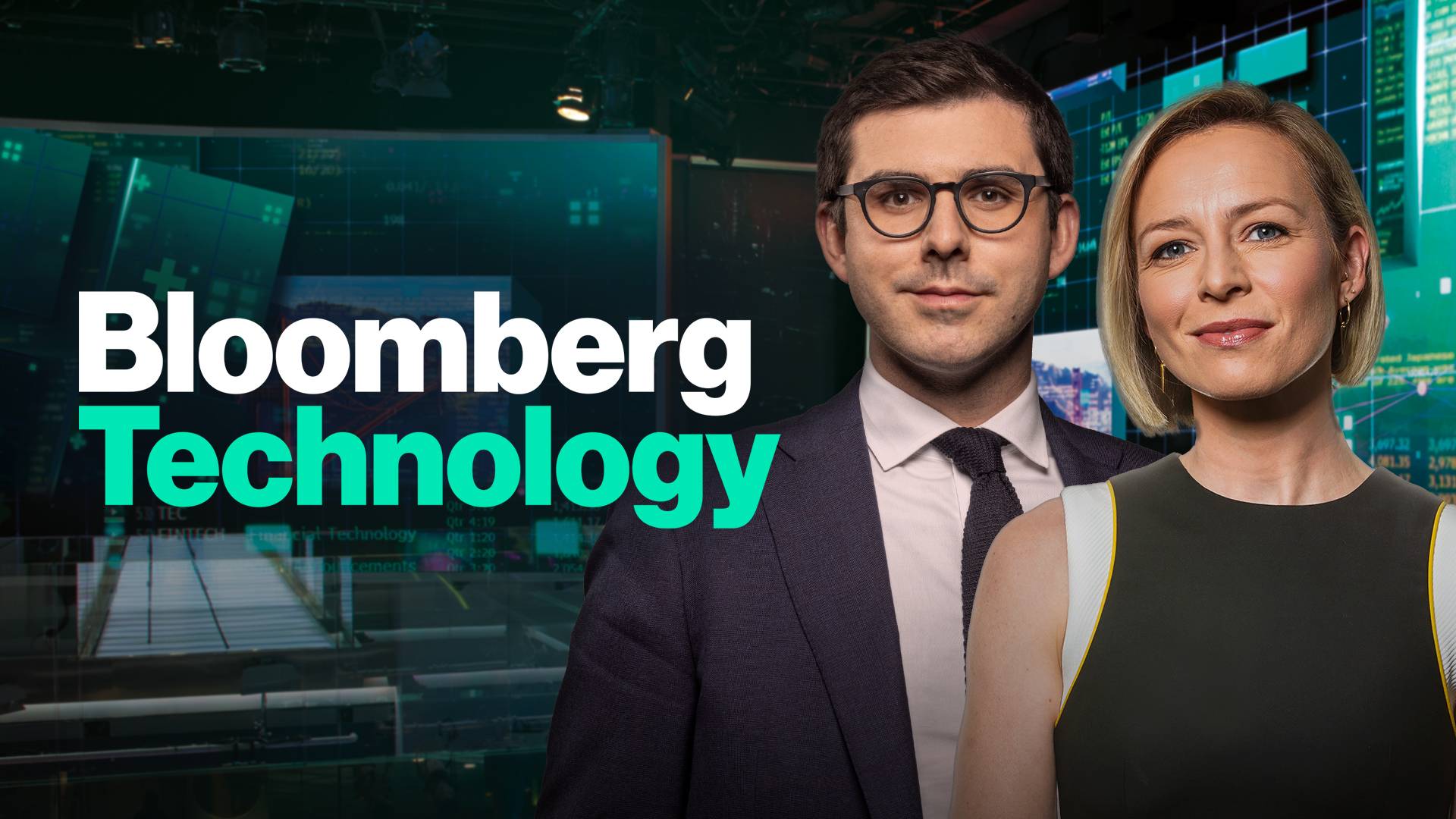Tesco, the UK’s largest supermarket chain, is embarking on a significant overhaul of its checkout technology. This transformation involves trialling “scan-free” checkouts at one of its GetGo stores in Fulham, London. The technology allows customers to skip scanning items at self-service tills, instead presenting them with a list of products they’ve picked up. This development aims to enhance shopping convenience by reducing scanning time and queuing in stores.
Sarah Quiggin, Tesco’s head of store customer experience, emphasized the company’s quest for making shopping trips more seamless. “We are constantly searching for the perfect formula to make the shopping trip as seamless and convenient as possible,” she noted. This trial is part of a broader strategy to provide various checkout options, improving customer experience.
Additionally, Tesco has explored cashierless shopping through its GetGo stores. The High Holborn GetGo store in central London operates as a checkout-free store, requiring customers to download the Tesco Grocery & Clubcard app to shop. The app enables users to simply pick items and walk out, with payment handled automatically upon leaving. This system relies on a combination of cameras and weight sensors to track items.
Tesco is not alone in this technological push. Amazon Fresh has also introduced checkout-free stores in Europe, leveraging similar camera and sensor technology. These advancements reflect a broader trend toward contactless payment systems, driven by consumer demand for smooth, efficient shopping experiences.
The implications of these changes extend beyond customer convenience. By reducing labor costs associated with traditional checkout systems, retailers like Tesco can potentially redirect resources to other areas of their business. This shift aligns with broader economic trends emphasizing automation and technology adoption to enhance operational efficiency.
In the context of the UK retail market, Tesco’s checkout technology trials reflect a competitive environment where retailers are continually innovating to stay ahead. The use of advanced checkout systems can boost sales by reducing checkout times and increasing customer satisfaction. As the retail landscape evolves, such technological advancements will play a crucial role in shaping consumer behavior and retail profitability.
For financial analysts and market observers, these developments offer insights into the innovative strategies retailers are employing to remain competitive. They also highlight the sector’s potential for growth through technology-driven efficiency improvements. As consumer expectations for seamless shopping experiences continue to rise, investing in checkout technology becomes increasingly critical for retailers seeking to maintain market share.
In terms of market dynamics, this strategic shift by Tesco underscores the importance of adapting to evolving consumer preferences. The COVID-19 pandemic accelerated the adoption of digital payment systems and contactless transactions, and this trend is now being extended into brick-and-mortar retail environments.
To provide a comprehensive view of the financial aspects involved, let’s consider the broader economic benefits. By streamlining checkout processes, retailers can reduce operational costs, enhance customer satisfaction, and potentially increase sales volumes. These factors contribute to improved profitability, a key metric for investors assessing the performance of retail companies. As such, the success of Tesco’s checkout technology trials could have positive implications for its stock price and investor confidence.
For a deeper understanding of the retail technology landscape, it’s essential to examine data from reputable financial sources. A report by Bloomberg on retail technology trends noted that investments in checkout automation and AI-powered store management are on the rise. This shift is driven by consumer demand for efficiency and convenience, which aligns with Tesco’s strategic objectives in its technology trials.
In conclusion, Tesco’s checkout technology overhaul represents a significant step forward in retail innovation. By leveraging advanced technology to enhance customer experience and operational efficiency, Tesco is positioning itself for success in a highly competitive market. As the retail sector continues to evolve, such technological advancements will be crucial in shaping the future of shopping.










